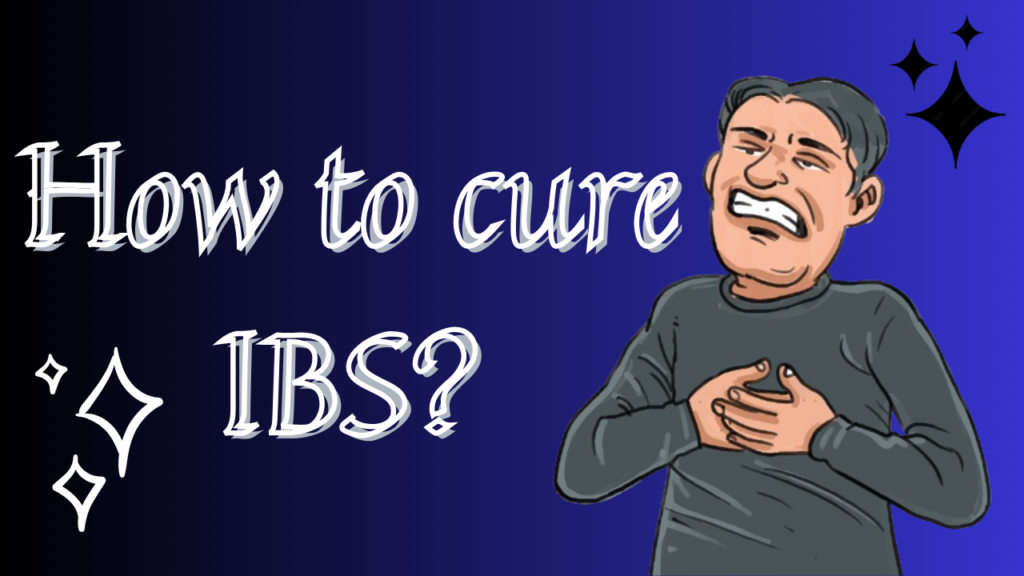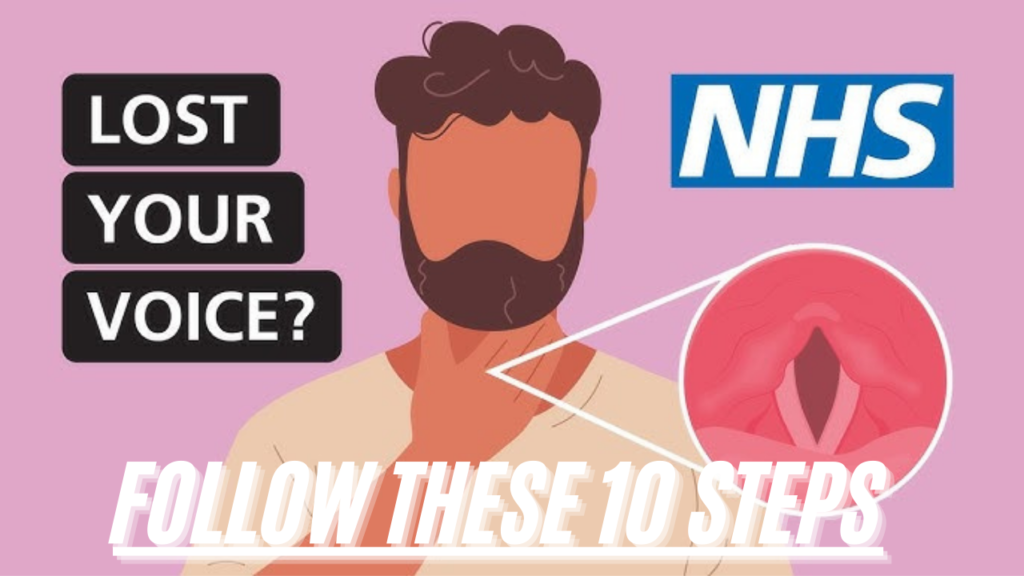Hey there! If you’re struggling with IBS (Irritable Bowel Syndrome), I totally understand how frustrating and challenging it can be. IBS comes with uncomfortable symptoms like stomach pain, bloating, constipation, or diarrhea, and it can feel like a constant hassle trying to figure out what works best for your body.
The good news is that many people have found relief by taking a natural approach, right from the comfort of home. In this article, I’ll share some tips and tricks on how to cure IBS permanently at home for good.

1. Understand Your Body and IBS Triggers
The first step in managing IBS naturally is to get to know your body’s unique reactions. People with IBS have different triggers, which might include certain foods, stress, or lifestyle habits. Here are a few ideas to help pinpoint your triggers:
- Keep a Food Diary: Jot down everything you eat and note any symptoms you experience after each meal. You might start to see a pattern, like feeling worse after dairy, spicy foods, or gluten.
- Track Stress Levels: Stress has a huge impact on IBS, so try noting down how you’re feeling mentally. Are you more stressed when symptoms are worse?
- Observe Lifestyle Habits: Habits like sleep quality, physical activity, and even hydration can affect IBS. Record these, too, to see if they have an impact.
Knowing your triggers can be a game changer when it comes to managing IBS naturally.
2. Embrace a Low FODMAP Diet
One of the most recommended diets for IBS is the Low FODMAP diet. FODMAPs are types of carbohydrates that can cause problems for people with sensitive guts, like those with IBS. Here’s how it works:
- Avoid High-FODMAP Foods: Foods like onions, garlic, beans, apples, and wheat can be high in FODMAPs and may lead to bloating and discomfort.
- Focus on Low-FODMAP Options: Foods like bananas, carrots, spinach, and rice are usually safe and less likely to trigger symptoms.
- Reintroduce Gradually: Once you’ve been on a low FODMAP diet for a few weeks and feel better, try reintroducing high-FODMAP foods one by one to see which ones truly bother you.
This diet can feel restrictive at first, but you don’t have to be on it forever—just long enough to learn which foods affect you.
3. Stay Active (Without Overdoing It)
Exercise is one of those natural remedies that can work wonders for IBS because it helps regulate digestion and reduces stress. Here’s how to make it work for you:
- Choose Gentle Movements: Activities like walking, yoga, and swimming can help keep things moving in your digestive system without putting too much stress on your body.
- Listen to Your Body: If you’re having a rough IBS day, opt for lighter activities or stretches instead of a full workout. Pushing too hard can sometimes worsen symptoms.
- Build a Routine: Aim to move for at least 20-30 minutes a day, even if it’s just a light walk. Over time, regular movement can make a noticeable difference in your IBS symptoms.
Exercise doesn’t have to be intense to be effective. Gentle, regular movement is what you’re aiming for here.
4. Manage Stress with Relaxation Techniques
Stress and IBS are very much connected, so working on reducing stress can lead to fewer flare-ups. Some techniques to help:
- Practice Deep Breathing: Take a few minutes every day to do deep breathing exercises. Try inhaling slowly for a count of 4, holding for 4, and exhaling for 4. This can instantly calm your nervous system.
- Try Meditation: Guided meditation apps can be helpful, especially if you’re new to meditating. Just five minutes a day can work wonders!
- Explore Progressive Muscle Relaxation: This involves tensing and relaxing each muscle group in the body. Starting at the toes and working your way up can be incredibly soothing, especially if you’re feeling anxious.
Working on reducing stress is a long-term strategy for IBS relief and can make a real difference when done consistently.
5. Eat Slowly and Mindfully
Eating mindfully can actually improve digestion. If we eat too quickly, we don’t give our bodies enough time to process food, leading to bloating and discomfort. Here’s how to eat in a way that’s more IBS-friendly:
- Chew Thoroughly: Make sure each bite is chewed well before swallowing. This helps your stomach process food more easily.
- Take Small Bites: Smaller bites give your digestive system a chance to keep up, reducing the chance of triggering symptoms.
- Avoid Eating on the Go: Sitting down and focusing on your meal can make a huge difference. Try to eat in a calm environment without distractions like TV or phones.
Mindful eating is all about slowing down and paying attention to your body. It might feel strange at first, but it often leads to better digestion.
READ: https://thoughtlessinsights.com/how-to-cure-lost-voice/
6. Get Enough Fiber, but Be Careful with Types
Fiber is essential for good digestion, but the kind of fiber you eat matters. There are two types:
- Soluble Fiber: This type of fiber (found in foods like oats, carrots, and apples) absorbs water and can help with both constipation and diarrhea. It’s generally more gentle on the stomach.
- Insoluble Fiber: Foods like whole grains, nuts, and raw vegetables contain insoluble fiber, which can sometimes be too harsh for people with IBS. If you notice symptoms after eating these foods, try reducing them.
Experiment with different sources of fiber and see what feels best for your body. Adding fiber slowly and drinking enough water can also help prevent bloating.
7. Experiment with Herbal Teas and Probiotics
Some natural supplements and herbal teas can ease IBS symptoms:
- Peppermint Tea: This tea can have a calming effect on the digestive tract and may relieve cramping and gas.
- Chamomile Tea: Known for its anti-inflammatory properties, chamomile tea can be a soothing choice for IBS.
- Probiotics: These are the “good” bacteria that can help balance your gut flora. While everyone’s reaction to probiotics varies, some people find they improve digestion and reduce bloating.
Teas and probiotics are gentle on the stomach and easy to incorporate into your routine, making them worth a try.
8. Stay Hydrated with Water
Water is your best friend when it comes to managing IBS. Staying hydrated helps your digestive system work smoothly and can help prevent both constipation and diarrhea. Try these tips:
- Sip Throughout the Day: Instead of gulping down large amounts at once, drink small sips throughout the day.
- Avoid Sugary or Carbonated Drinks: These can cause bloating and gas, so opt for water or herbal tea instead.
- Add Some Flavor: If plain water gets boring, try adding slices of cucumber, lemon, or berries to make it more enjoyable.
Keeping your body hydrated is a simple way to support digestion and manage IBS symptoms.
Conclusion
Curing IBS completely may take time and patience, but a natural approach can make a real difference. Remember, everyone’s IBS journey is different, so don’t be discouraged if certain strategies don’t work right away. Start by trying one or two tips from this list, see how your body responds, and keep adjusting until you find what works best for you.
Managing IBS naturally can feel empowering, and with consistent effort, many people find lasting relief.


